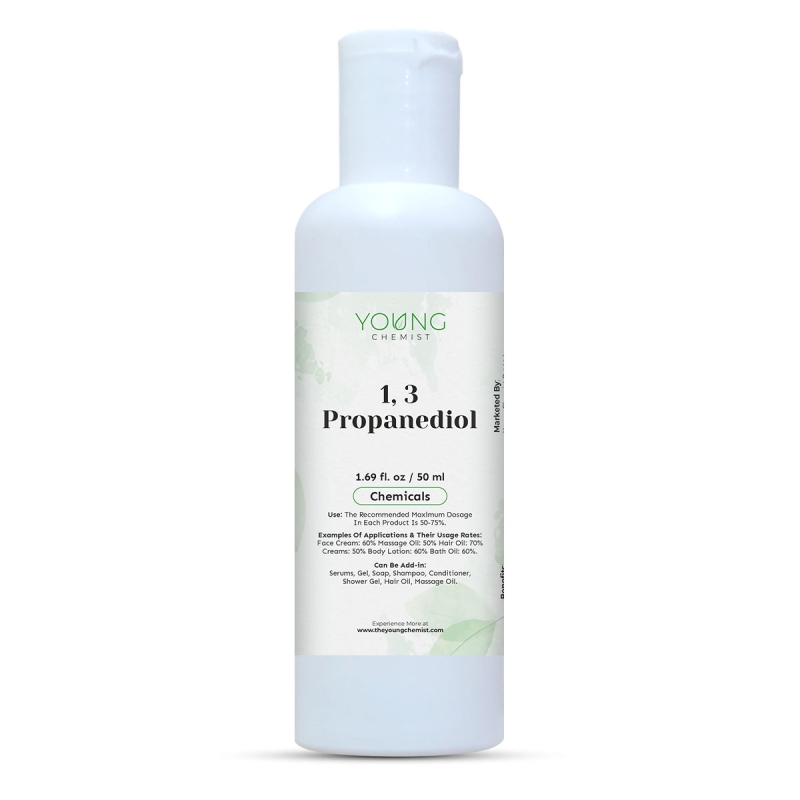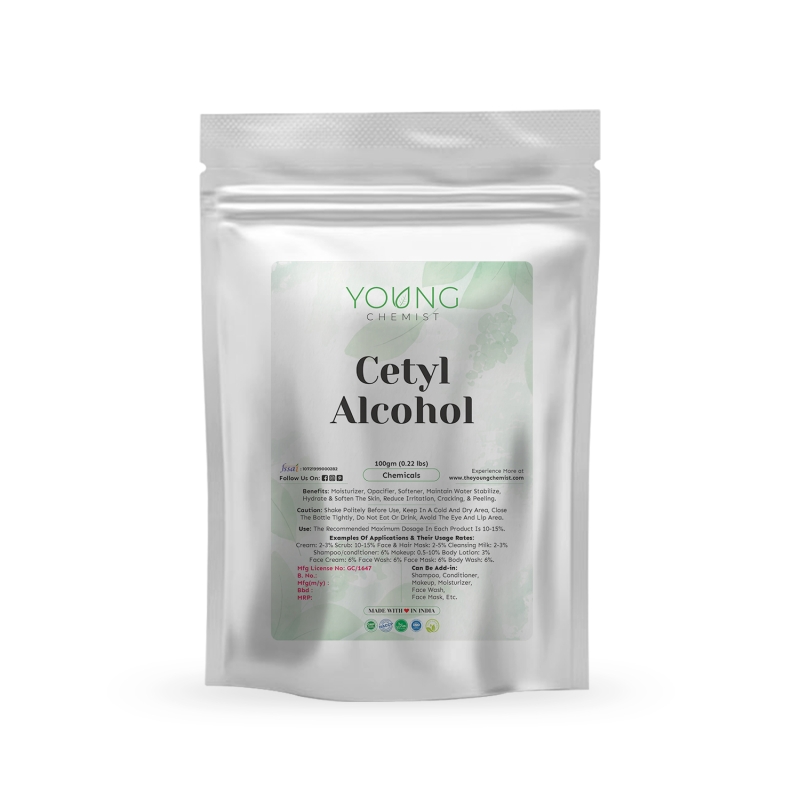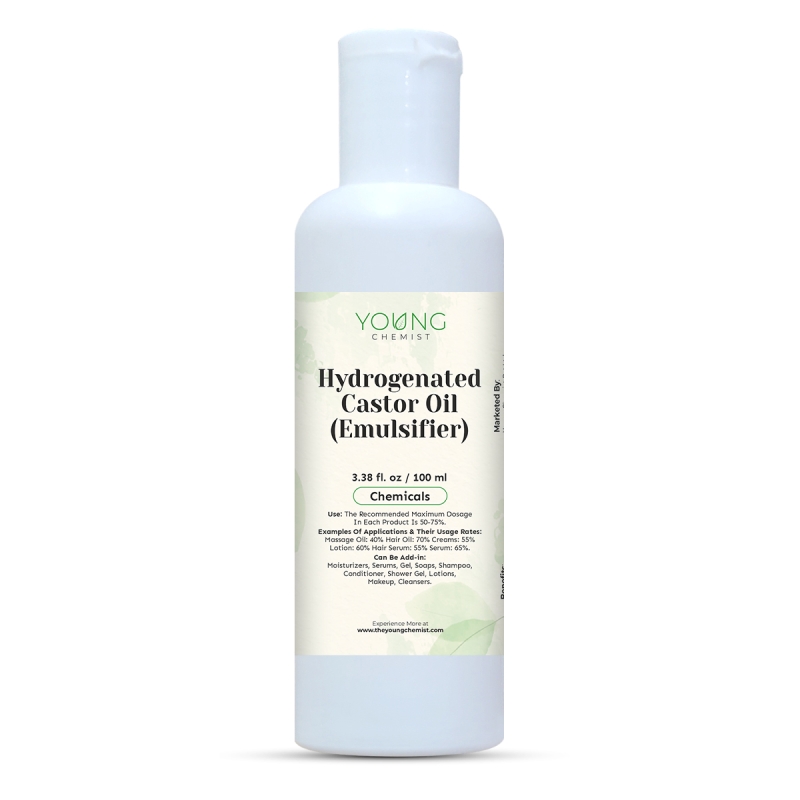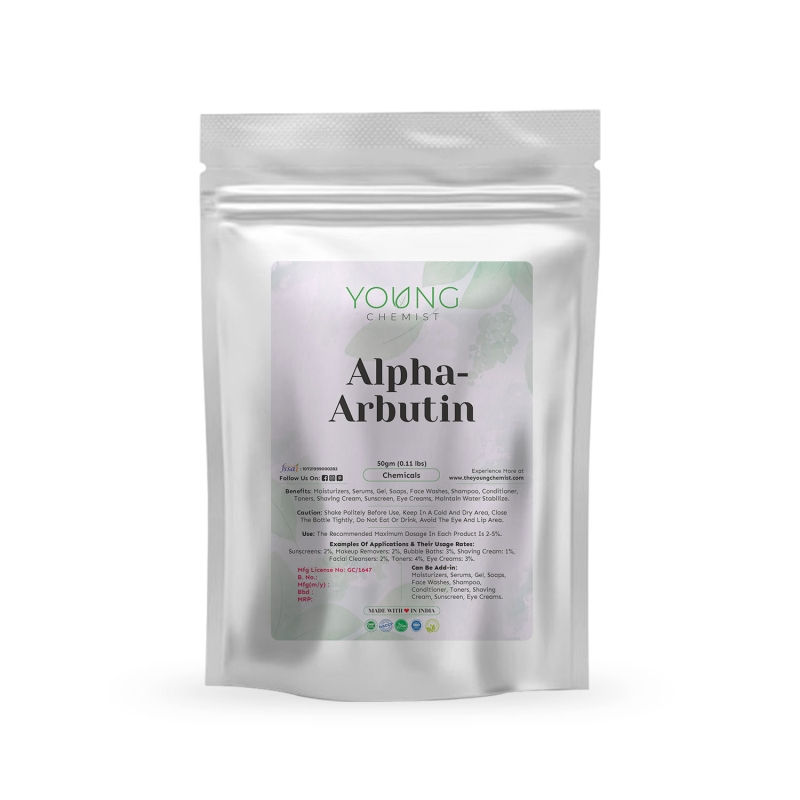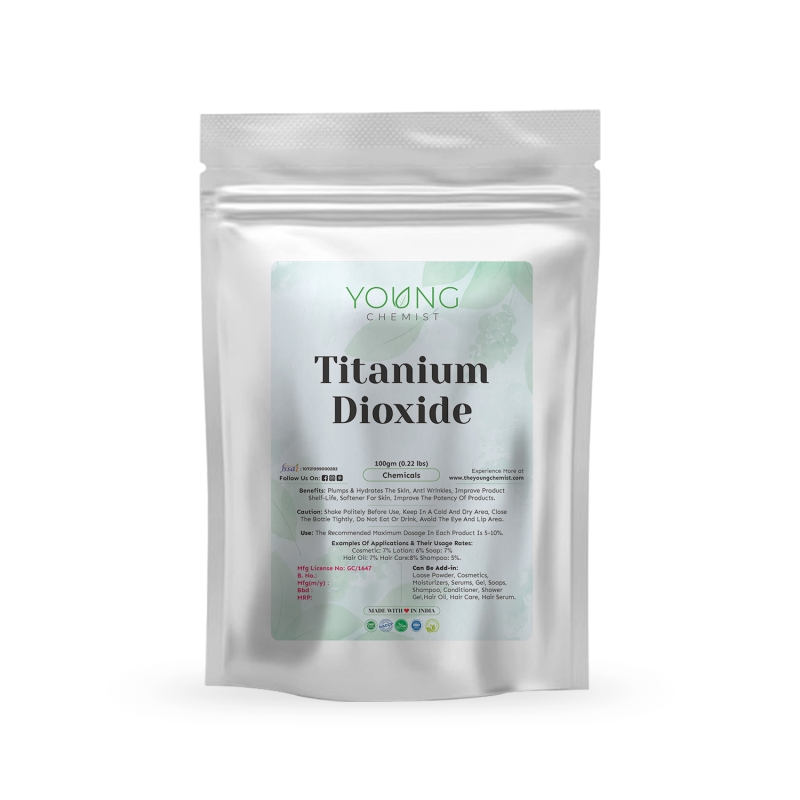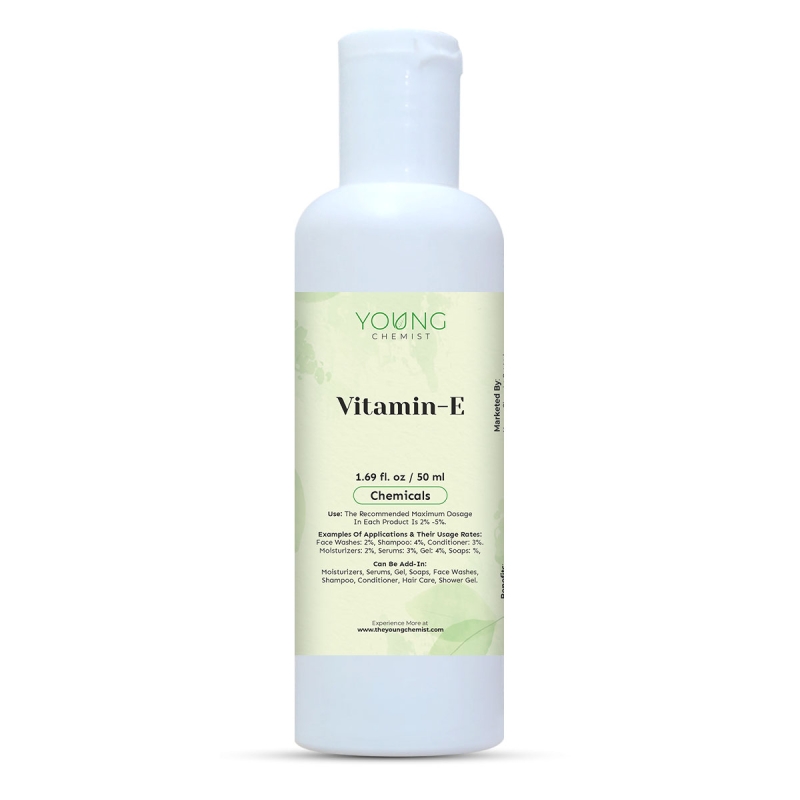-
No Item Added in Cart.

Phenoxyethanol
SKU: CC-PRSTV-PHXEHNL
Size

40 customers are viewing this product



Young Chemist Phenoxyethanol is a commonly used cosmetic chemical that serves various purposes in personal care products. It is primarily used as a preservative, helping to extend the shelf life of cosmetic formulations by inhibiting the growth of bacteria, yeast, and mold. Here's a breakdown of its description, benefits, how to use it, and some cautions to consider:
Phenoxyethanol is a colorless, oily liquid that is soluble in water and many organic solvents. It has a mild, floral odor and is considered a versatile ingredient due to its compatibility with a wide range of cosmetic formulations.
Phenoxyethanol is typically incorporated into cosmetic formulations during the manufacturing process. The recommended usage level varies depending on the specific product and its intended use. It is important to follow the manufacturer's instructions and guidelines for proper incorporation.
- Preservation: Phenoxyethanol is effective in preventing the growth of microorganisms, thereby maintaining the product's integrity and ensuring its safety for use over an extended period.
- Stability: By inhibiting microbial growth, phenoxyethanol helps maintain the stability of cosmetic products, preventing spoilage and degradation.
- Compatibility: It is compatible with various cosmetic ingredients and formulations, making it suitable for use in a wide range of products, including creams, lotions, cleansers, makeup, and more.
- Sensitivity: Some individuals may have a sensitivity or allergic reaction to phenoxyethanol. It is advisable to perform a patch test before using a product containing this ingredient, especially if you have a history of sensitive skin or known allergies.
- Concentration: While phenoxyethanol is considered safe for use in cosmetics, excessive concentrations can potentially cause skin irritation. It is essential to adhere to recommended usage levels specified by the manufacturer.
- Ingestion: Phenoxyethanol should not be ingested or used in products intended for oral consumption. Keep cosmetic products containing phenoxyethanol away from the mouth, eyes, and other sensitive areas.
It's important to note that the information provided here is general in nature. For specific concerns or questions about a particular cosmetic product containing phenoxyethanol, it is recommended to consult the product's label, the manufacturer, or a healthcare professional.
Product Questions
Phenoxyethanol is a synthetic organic compound commonly used as a preservative in cosmetic products. It helps prevent the growth of bacteria and fungi, extending the shelf life of products.
Yes, phenoxyethanol is generally considered safe for use in cosmetics when used in concentrations recommended by regulatory bodies. It has been evaluated by various safety assessment experts and is considered to have a low risk of causing skin irritation or allergic reactions.
While rare, some individuals may experience skin irritation or allergic reactions to phenoxyethanol. If you notice any adverse reactions, discontinue use and consult a dermatologist.
Yes, phenoxyethanol can be absorbed through the skin to a limited extent. However, the amount absorbed is typically very small and does not pose a significant health risk.
Phenoxyethanol is generally considered to have a low environmental impact. It is biodegradable and does not accumulate in the environment.
Yes, there are alternative preservatives available, such as benzyl alcohol, potassium sorbate, and sodium benzoate. However, the effectiveness and safety of these alternatives may vary.
Check the ingredient list of the product. If phenoxyethanol is listed, avoid it. Many brands now offer products that are free of phenoxyethanol and other synthetic preservatives.
Yes, phenoxyethanol is also used in some pharmaceutical products, such as eye drops and nasal sprays.
Yes, phenoxyethanol is regulated by various government agencies, including the Food and Drug Administration (FDA) in the United States and the European Union's Cosmetic Products Regulation.
While there is limited data on the safety of phenoxyethanol during pregnancy and breastfeeding, it is generally considered to be low-risk. However, if you have concerns, consult with your healthcare provider.

